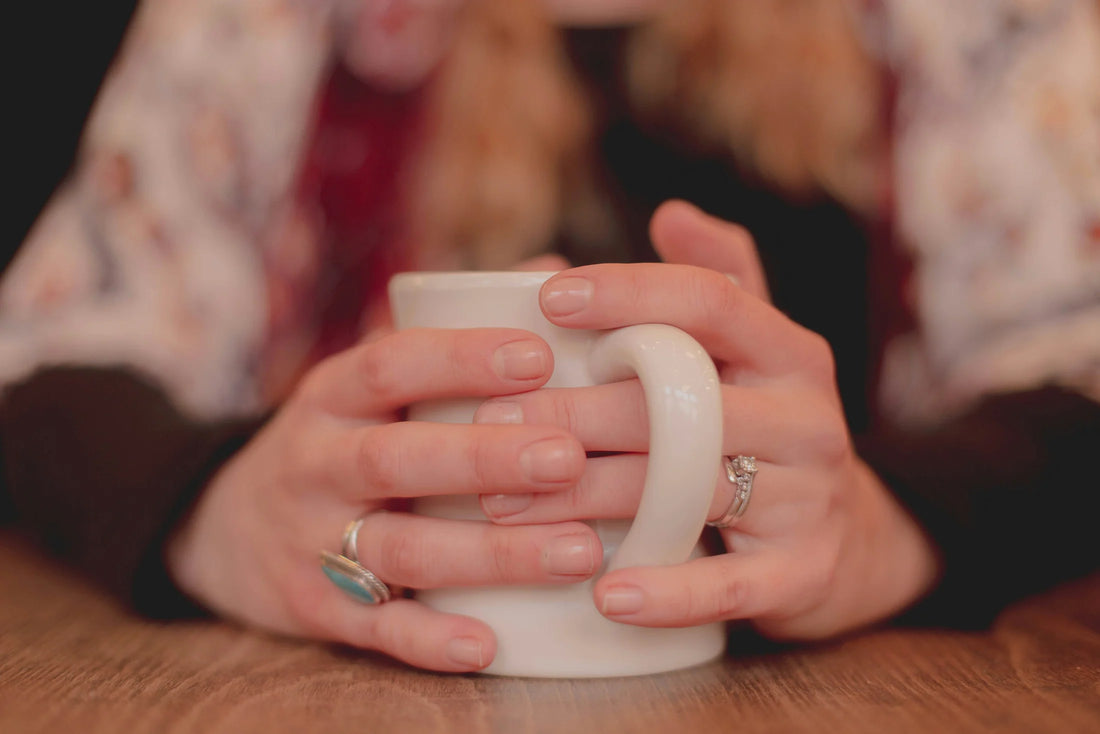
5 Essential Services Offered by a Death Doula
Share
When navigating the complexities of end-of-life care, a death doula can be an invaluable guide. These compassionate professionals provide emotional, spiritual, and practical support to individuals and their loved ones during this profound life transition. Here's what you need to know about the vital services they offer.
1. Emotional and Spiritual Support
A death doula provides a safe, non-judgmental space to process emotions and explore spiritual concerns. They help create a sense of peace and acceptance, ensuring that both the individual and their loved ones feel supported.
2. End-of-Life Planning
From advanced directives to legacy projects, death doulas assist with creating meaningful plans that honor the individual’s wishes. They ensure that practical details are managed while focusing on what truly matters.
3. Advocacy and Communication
Death doulas act as advocates, bridging gaps between families, medical teams, and other caregivers. They facilitate open and honest communication, ensuring that the individual’s voice remains at the center of care.
4. Comfort and Presence
Sometimes, simply being present is the most important service a death doula provides. They offer companionship, hold space for grief, and ensure the individual never feels alone.
5. Grief and Bereavement Support
After a loved one passes, death doulas continue to support families through the grieving process. They provide resources, listening ears, and guidance to help loved ones heal in their own time.
How Welkin Memorials Complements End-of-Life Care
At Welkin Memorials, we recognize the profound care that death doulas provide. Our ceramic vase urns serve as a beautiful way to honor a loved one's memory, blending timeless design with heartfelt purpose. Explore our collection to find a memorial piece that reflects your loved one’s unique spirit.
